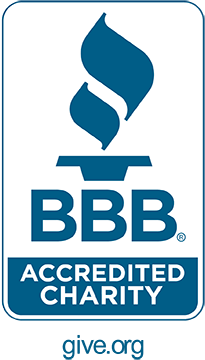Since its inception in 2005, the Productive Safety Net Program (PSNP) has been a cornerstone of the Ethiopian government’s strategy for poverty alleviation, disaster risk management, and rural development. The PSNP provides food or cash transfers targeted to poor households in the form of payments for seasonal labor on public works or as direct support to households. It has played an important role in improving the lives of poor Ethiopian households by reducing household food insecurity, increasing asset holdings, and improving agricultural productivity (Berhane et al. 2014; Hoddinott et al. 2017).
The Strengthen PSNP5 Institutions and Resilience (SPIR II) Resilience Food Security Activity (RFSA) in Ethiopia is a five-year project (2021–2026) that supports implementation of the fifth phase of the Productive Safety Net Program (PSNP5) in the Amhara and Oromia regions and provides complementary livelihood, nutrition, gender, and climate resilience activities. Activities under SPIR II are organized into three purpose areas: 1) sustained nutrition security, 2) reduced livelihood risk, and 3) strengthened social safety nets. World Vision, with funding from USAID’s Food for Peace (FFP) Initiative and in close collaboration with the Government of Ethiopia, leads implementation of the SPIR RFSA in partnership with the Organization for Rehabilitation and Development in Amhara (ORDA) and CARE.
IFPRI is leading the SPIR II learning agenda in close collaboration with the implementation partners, and as part of this learning agenda, conducted a series of formative studies in the first year of program implementation. The objective of the formative nutrition assessment was to understand more about the key factors driving the late introduction of complementary foods for infants in rural Ethiopia, motivated by the growing evidence that inappropriate introduction of complementary foods is a significant challenge in Ethiopia (Hirvonen et al. 2021) that contributes to persistently high levels of child malnutrition (Golan et al. 2019). Previous evidence suggests that the PSNP is not effectively achieving any enhancement of child nutritional status (Guush et al. 2020).
IFPRI’s investigation focused on the following research questions:
- What are the challenges related to availability of financial resources that lead to late introduction of complementary foods?
- How important are challenges linked to limited availability of nutritious foods
- Are constraints on maternal time or limited knowledge or engagement in active or responsive feeding salient in shaping feeding practices?
- What role is played by limited knowledge around weaning timing, appropriate weaning foods, and over-adherence to exclusive breastfeeding?





